Cocaine is a highly addictive drug derived from the coca plant, native to South America. A popular recreational drug and a powerful stimulant, cocaine is perhaps one of the most widely trafficked substances worldwide. However, its history lies in legal medicinal uses. Even today, with cocaine addiction and overdose fatalities of statistical concern across the nation, there remain legitimate medicinal uses for cocaine. Examples include a topical anesthetic for specific respiratory tract procedures as well as a vasoconstrictor (used to make blood vessels smaller) to stop bleeding in the mucus membranes in the nose, throat, and mouth for surgical treatments or other medical needs.
Today, in some South American countries, members of indigenous tribes still chew coca leaves or drink coca tea to treat symptoms of altitude sickness and fatigue.
Cocaine has dangerous and fatal implications for use as well. In the early 20th century, the viewpoint on cocaine shifted, and legislation was passed to restrict importing and trading products containing cocaine for non-medical uses.
Despite the prohibition of import and sale, since the early 1900s, rates of illicit cocaine use have yet to slow. A survey conducted by the Centers for Disease Control and Prevention in 2018 suggests that nearly 2% of teenagers between ages 12 and 17 report cocaine use, and up to 6% of adults ages, 18 to 35 regularly use cocaine. The safest and most effective way to find freedom from the effects of cocaine addiction is to seek detox support and assistance from a specialized cocaine addiction rehab in Michigan.
How Addictive is Cocaine?
Most substances, including alcohol and many other prescription or illicit drugs, require a period of abuse or misuse before tolerance and addiction develop. With most drugs, including alcohol, it takes time for changes in the brain and other body areas, leading to tolerance and dependency. Again, cocaine is different. Cocaine is a powerful, highly addictive substance that, for some, can lead to addiction with just one use.
Unfortunately, the effects of cocaine use, while powerful, are short-lived. Although the route of use, dose, and whether or not other substances are present in the body play a role in how long a “cocaine high” lasts, most users experience a peak high around 20 to 30 minutes after use with all of the effects of cocaine wearing off within one to two hours.
If cocaine is injected, the effects occur quicker and wear off faster. This often leads those who are addicted to cocaine to seek more frequent and higher doses to continue chasing the high they experienced the first time they used.
What are the Signs of Cocaine Use?
The signs and symptoms of cocaine use and addiction are typically divided into short and long-term effects. It is also essential to remember that the signs of cocaine use will vary from person to person as the drug affects each person differently. The most common symptoms of cocaine abuse include anxiety, euphoria, mood swings, increased energy and alertness, restlessness, bizarre behavior, rapid heart rate, high blood pressure, dilated pupils, hallucinations, paranoia, and delusions.
With long-term use, notable physical and psychological effects of cocaine use can occur. Examples of these include damage to nasal passages, construction of the blood vessels that supply the heart and brain, loss of sense of smell, collapsed veins (if injection is the primary mode of use), increased risky behaviors, the presence of drug paraphernalia, increased isolation and withdrawal, new or worsening mental health problems, addiction, and death.
What are Common Symptoms of Cocaine Withdrawal?
As previously noted, cocaine is a highly addictive drug. Even after using it for a short period, if you try to reduce or stop using cocaine, you will experience withdrawal symptoms. The withdrawal symptoms from cocaine are similar to those of other stimulant drugs and typically include irritability, increased appetite, extreme cravings, fatigue, depression, and psychosis.
How to Find Cocaine Detox in Michigan
As with all substances, detox is a crucial first step in quitting cocaine. In addition to receiving medical support, detox offers a safe and comfortable space to help ease the mental burden and physical challenges of transitioning into recovery. Liberty House Recovery Center’s caring and compassionate treatment team are here to help you take your first steps towards wellness. Contact a member of our admissions team today to find out more about how cocaine detox in Michigan can help you.


